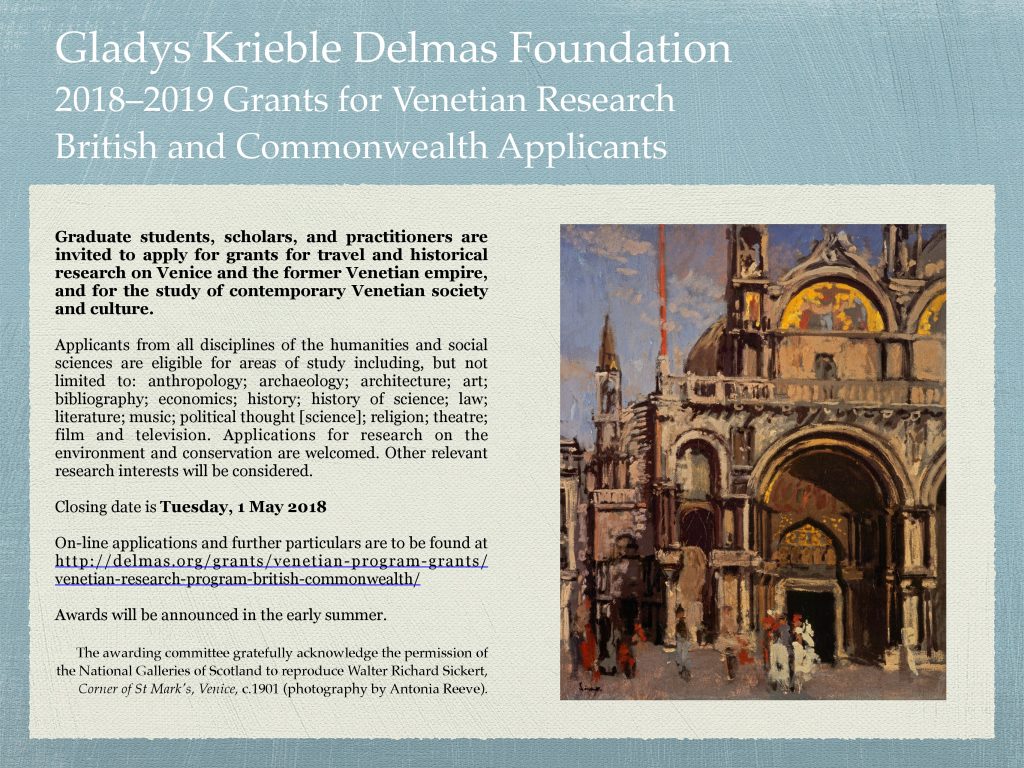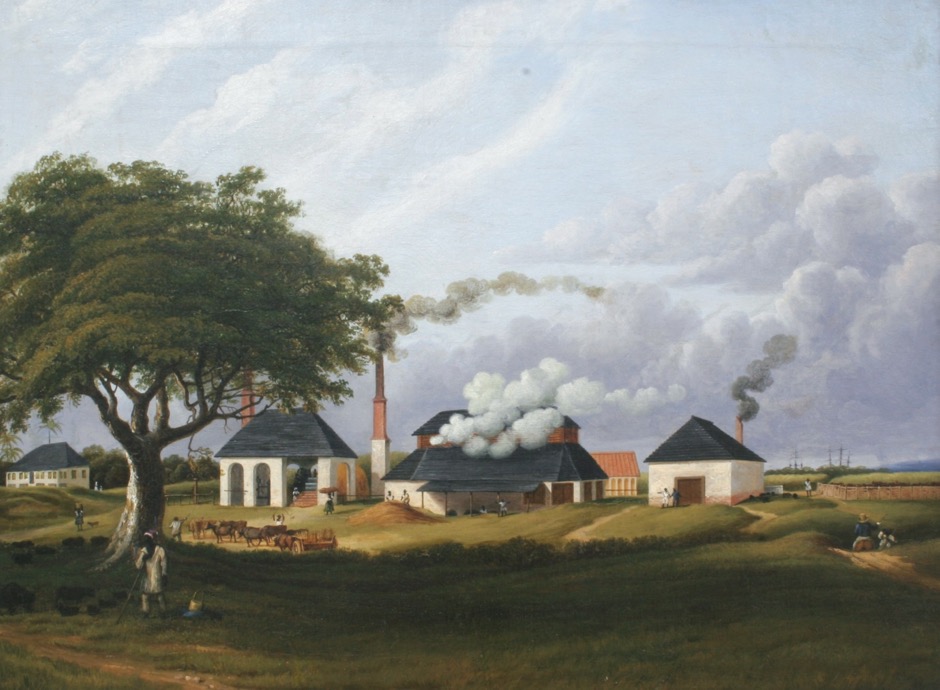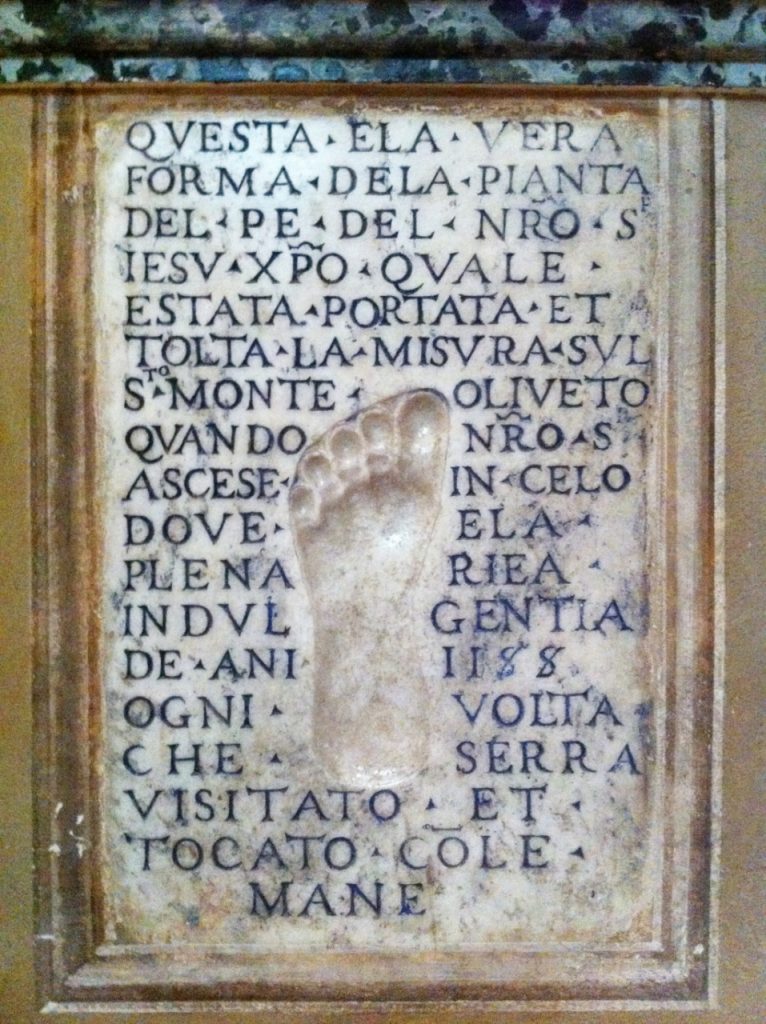The Birkbeck Centre for Nineteenth-Century Studies
seeks a Postgraduate Editorial Intern in Academic Publishing Online
The Birkbeck Centre for Nineteenth-Century Studies invites applications from Birkbeck’s postgraduate research students for an Internship in Academic Publishing Online to manage our web journal:
19: Interdisciplinary Studies in the Long Nineteenth Century
(www.19.bbk.ac.uk)
Deadline for application: 5.00pm on Friday 5 October 2018
The Journal
Launched on 1 October 2005, 19 is an electronic publishing initiative originally designed to publicize and disseminate the research activities carried out by Birkbeck’s Centre for Nineteenth-Century Studies, and to provide practical research and professional development opportunities for the many postgraduate students undertaking research degrees in nineteenth-century studies at the College. The journal is now housed in the Open Library of Humanities https://www.openlibhums.org, allowing free and open access to its contents. It is fully peer-reviewed and aggregated with NINES (Networked Infrastructure for Nineteenth-Century Electronic Scholarship). It is now recognized and respected as a leading journal in the field, known for exciting, leading research and as an innovative and field-setting example of Open Access practice.
The Centre for Nineteenth-Century Studies
The Centre was first established in 1997 under the directorship of Professor Isobel Armstrong originally to bring together researchers in English, History of Art and History. It has since developed a reputation for its diverse events that attract national and international scholars. It hosts the Birkbeck Forum for Nineteenth-Century Studies, which sees speakers coming to Birkbeck throughout the year; it runs the annual Dickens Day; and organizes and hosts major conferences, workshops and symposia. The Centre also provides opportunities for Postgraduate students to organise and run events.
The Position
The postgraduate editorial internship in Academic Publishing Online trains a student to manage 19, working with another intern under the supervision of the journal’s General Editor, Dr Carolyn Burdett, its section Editor, Dr Victoria Mills, and the Editor for systems, Dr David Gillott, and with the guidance of the Editorial Board. The appointee will participate fully in the day-to-day running of the journal and help manage the Centre’s website. Responsibilities include maintenance and resourcing of 19 and the Centre’s website; liaising with and between guest editor, authors and publisher; overseeing the smooth operation of the peer review system; supporting authors in securing image permissions; copy editing essays and other submitted materials; aiding the proofing processes; promoting and publicizing the journal; and taking an active role in web publishing initiatives, including innovation to increase the journal’s reach and influence. The postholder will be supported and mentored by an intern already in post and, in turn, will mentor the next intern. There will also be Centre-focused activity, including curation of the Centre’s presence in social media and elsewhere, and help with blog initiatives; contributing to the archiving of the Centre’s work; and participation in initiatives with postgraduate students working in the nineteenth century. Postholders will attend Centre meetings, and will be expected to be active participants and, where appropriate, helpers in the Centre’s programme of seminars, conferences and symposia.
Eligibility
We invite applications from postgraduate research students from across the College. Research interests in the nineteenth century are desirable but not essential, though we would expect applicants to have some interest in the period. Applicants should expect to be enrolled as students at Birkbeck until end of the academic year 2019-20. Exceptionally, students in their first year of MPhil/PhD can be appointed but the norm will be for students to have completed their first year of study.
Selection Criteria
Essential
- Excellent literacy skills
- Organizational and clerical skills
- Independence and initiative
- Good communication skills
Desirable but NOT essential
- Research interests in Nineteenth-Century Studies
- Web authoring and design skills
- Experience in electronic publishing
- Editing experience
- Organization of research activities such as Reading Groups, Seminars or Conferences
Remuneration
£16.00 per hour. The hours will be agreed on a flexible basis with the General Editor (spread across one calendar to work out at an average of 3.5 hours per week for 35 weeks)
Application
Please email a letter of application, outlining your reasons for applying for the post, and CV, together with the name of your supervisor, from whom we will require a reference, to Dr Carolyn Burdett (c.burdett@bbk.ac.uk) in the School of Arts by 5.00pm on Friday 5 October 2018. Shortlisted candidates will be interviewed early on in the autumn term (date tbc).
Please direct any enquiries to Dr Carolyn Burdett (c.burdett@bbk.ac.uk).
.
.
Category: Archived Vacancies
.
Tags: C19, English and Humanities, History of Art, Intern, Internship, School of Arts, Vacancy




